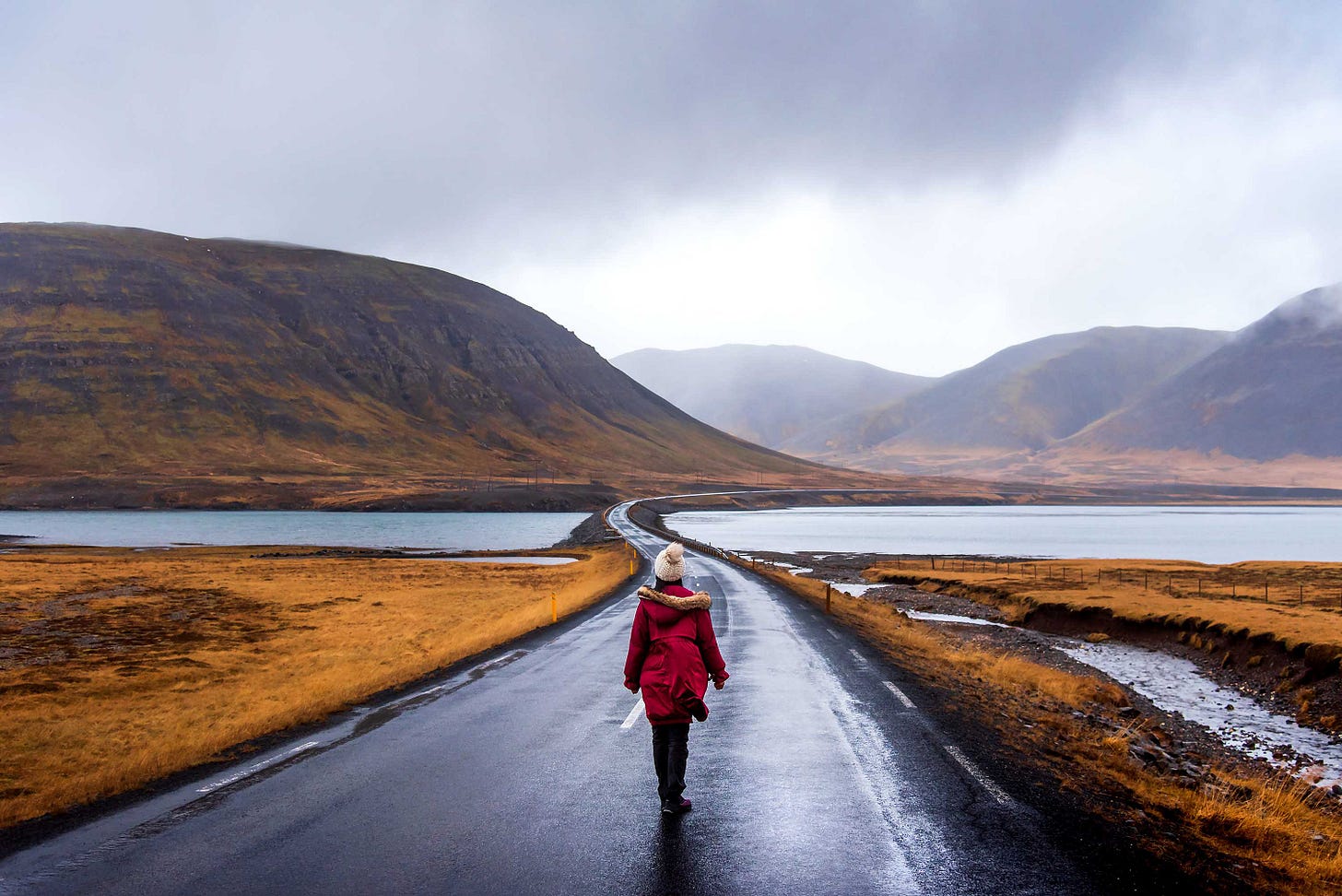The 5 Safest Countries To Live In 2026
Countries that stay out of the drama.
What Does Safety Feel Like?
Safety feels like “boring” days.
Kids walk home from school. You can leave a bag in a café for 20 minutes and still find it there. Packages sit by the door and no one touches them. Wallets turn up at the lost and found. Neighbours greet each other by name.
Writing these words, it feels like when I describe the small town I grew up in Germany about 3 decades ago.
This guide points you to places like that.
Who This Guide Is For
This is for you if you want calm days and clear rules. If you care about good schools for your kids and healthcare you can trust. If you’re someone who needs to focus without chaos, or you work remotely and just want reliable internet and streets where you feel safe walking at night. If you prefer order over noise.
I’ll give you simple picks, why they’re safe, and what daily life actually feels like. Plus the first steps to make it happen. Enough to choose a place and start planning your move.
How I Chose The 5
I started with peace and stability. I dug into global peace data and national crime stats. I checked rule of law rankings and corruption levels. I looked at healthcare quality, how prepared countries are for emergencies, and whether buildings are actually built to last. I mapped out natural disaster risks over the next decade.
And I measured social trust, meaning whether people in a country actually look out for each other.
Most articles talk about how easy it is to get in. That is not the focus here.
I am ranking safety. Some of these countries do not make visas simple. You can move if you plan well and put in the work. My job is to show you where life stays safe once you arrive.
I still ran a practical check. Can you live there in a legal way. Are there clear paths. Are timelines realistic. Are taxes straightforward enough to understand. Peace and everyday safety carry the most weight. Governance and healthcare come next. Disaster risk can move a country down unless readiness is strong. If two places are close, I picked the one with the cleaner path to stay long term.
The result is a short list where calm is normal, services work, and rules are clear. Places you can plan around for years.
Also at the end, I included some runner-ups.
The Safety Stack
This is the lens I use for every country. Six criteria, all simple and practical.
Peace and stability
Is the country calm at home and with neighbors. Trends matter more than one good year.
Everyday safety
Street crime, night walks, crosswalk habits, public transport, busy areas after dark. How it feels to move around.
Healthcare and resilience
Access, quality, emergency response, capacity to handle shocks. Can the system help you fast.
Governance and trust
Rule of law, low corruption, reliable services, social trust. Do promises match reality.
Natural risk
Quakes, storms, floods, fires, and how buildings and systems cope. Risk plus readiness.
Visa and tax practicality
Clear legal paths to stay, realistic timelines, total cost, and a tax setup you can live with.
A place ranks well when most layers are strong. One weak layer can be managed if the others hold and you plan for it. This keeps the focus on real safety, not marketing.



